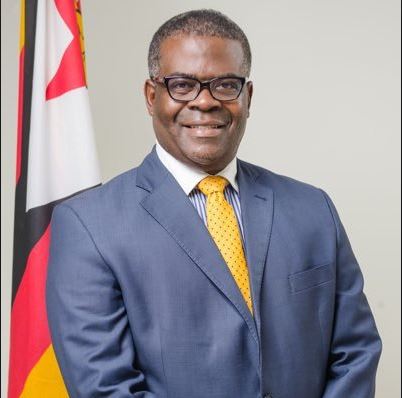
BY MTHANDAZO NYONI
THE Confederation of Zimbabwe Industries (CZI) has urged the government to declare the electricity crisis a state of emergency to galvanise the country to find a lasting solution.
CZI Matabeleland chapter president Shepherd Chawira told standardbusiness that the power situation in the country needed a comprehensive and collective approach.
“Power is quite a serious challenge at the moment. It has affected us directly and indirectly. Directly in the sense that when there are power cuts, we have no production,” he said.
“We just hope that the government will come up with a plan to try and alleviate the power shortage.
“Our thinking is that government should declare this as an emergency.
“When it’s declared as an emergency, all stakeholders can put their heads together and they can come up with measures to respond to the emergency.”
Chawira said the government should also consider a levy to mobilise resources for alternative power supplies.
- Chamisa under fire over US$120K donation
- Mavhunga puts DeMbare into Chibuku quarterfinals
- Pension funds bet on Cabora Bassa oilfields
- Councils defy govt fire tender directive
Keep Reading
“They can come up with probably a levy where people can contribute so that we can have a plan on how we can solve this problem,” he said.
“We need a long-term plan, but the information that we get from Zesa at the moment is we have challenges at Kariba, the water level is low.”
Zimbabwe is currently facing its most severe power crisis in decades, with manufacturing companies and households going for up to 18 hours a day without electricity, putting the country’s economy at risk of total collapse.
Power cuts are costing the country US$200 million weekly according to captains of the industry.
Zimbabwe imports electricity from Mozambique and South Africa but owing to an acute foreign exchange shortage, the country has failed to retire debts to South African power utility Eskom and Mozambican power entity Hidroeléctrica de Cahora Bassa.
As a result, Eskom cut the power it sells to Zimbabwe from 450 megawatts (MW) to a mere 50MW.
As of July 25, 2019, the country was generating 874MW of electricity against demand of 1 500MW.
Hwange Power Station was generating 491MW; Kariba, which is currently experiencing severe reduction of water levels, was producing 337MW; Harare 17MW; Munyati 17MW and Bulawayo Power Station was producing 12MW.
Chawira said load-shedding was now impacting on industry’s production.
“One of our companies, Shepco Industrial Supplies, lost power supply for two days continuous.
“We have engaged Zesa and we hope the situation is going to improve and you realise that indirectly, our customers are also being shed and this has an impact on their production,” Chawira, who is also Shepco Group CEO, said.
“Production figures from the mining industry for the first quarter show a significant drop. What that simply means is a drop in demand for our products because they are not operating optimally.”
According to the Chamber of Mines of Zimbabwe, gold deliveries to central bank unit Fidelity Printers and Refiners declined to 6,5 tonnes from 7,3 tonnes during the first quarter of 2019.
Zimbabwe produced a record 33 tonnes last year and has set a target of 40 tonnes this year.
Chawira said even though government had taken some measures like licensing more independent power producers, a number of them were struggling to take off due to lack of funding.
“I’m sure you are aware that government licensed over 30 independent power producers and the only challenge is country risk. People are not able to attract any financing for these projects. That’s why it has taken time, but definitely is on the cards,” he said.











